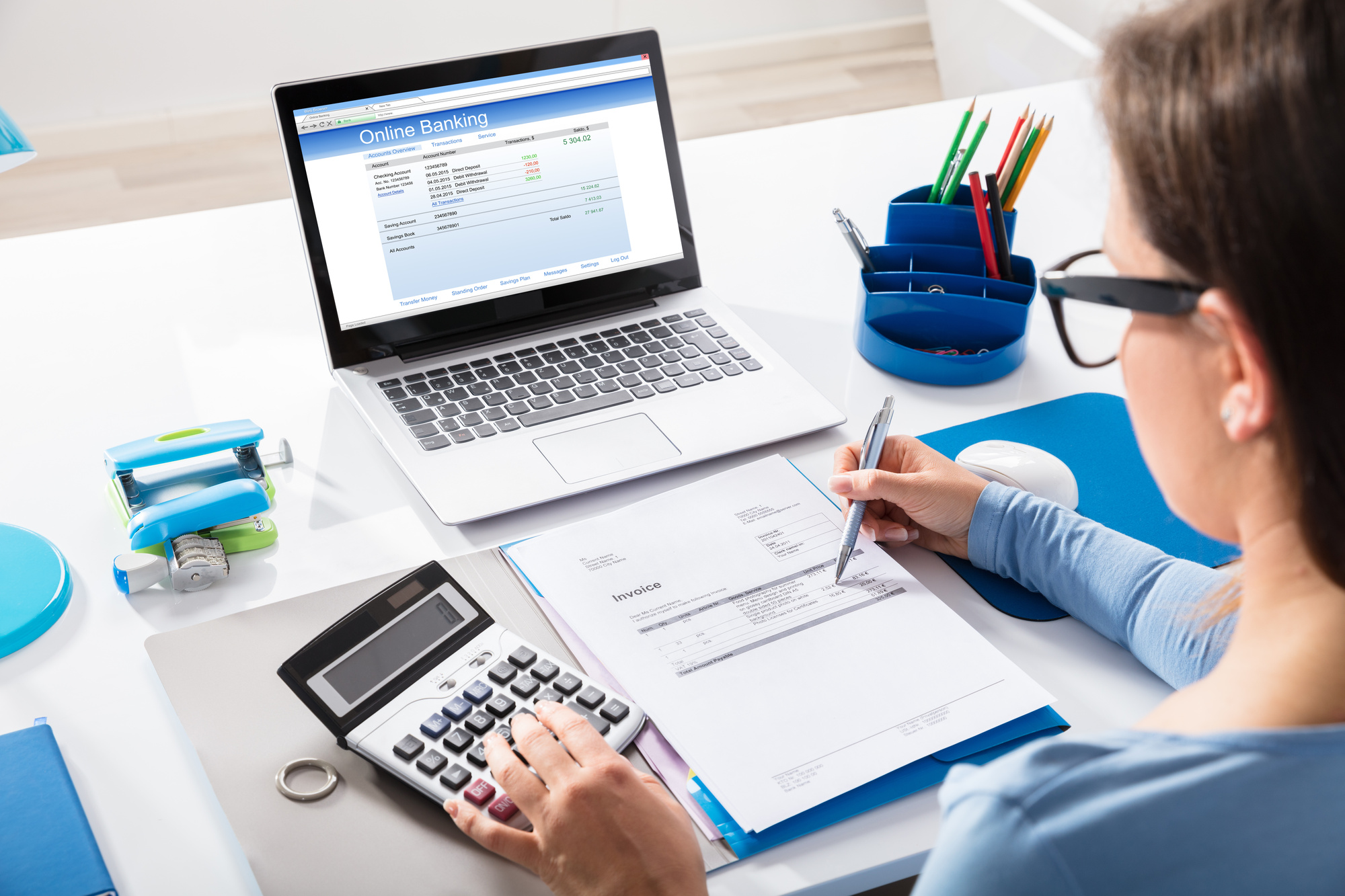Are you tired of working a 9-5 job that leaves you feeling unfulfilled? Perhaps it’s time to take the plunge into freelance accounting! As a freelancer, you have the flexibility to set your hours and work with clients from all over the world.
However, navigating this new territory can be overwhelming. That’s why we’ve put together five essential tips to help you thrive and manage your finances.
Whether you’re just starting or looking for ways to improve your current business, these tips are sure to set you up for success. So let’s dive in!
1. Separate Personal and Business Finances
When starting as a freelancer, it can be challenging and tempting to just lump together your personal and business finances. However, this could have long-term consequences for you and your business. It’s important to keep strict records of all income and expenditures.
Make sure to create separate accounts for your personal and business finances. This will make things so much easier when it comes to tax season. It will ensure you’re able to take full advantage of any monetary incentives offered to you as a freelancer.
2. Track Your Expenses and Income
Track your business expenses using a budgeting app or spreadsheet, such as Excel or Google Sheets. Be sure to include all of your costs, including travel costs, office supplies, freelance accounting software licenses, and online advertising fees.
Track your income sources by categorizing them into contract work (e.g., writing articles for a website), projects you do on your own (e.g., designing a logo or building a website from scratch), and client work (e.g., working on an ongoing project for a company).
3. Set Aside Money for Taxes
Whether you work part-time or are a full-time freelancer, having an emergency fund dedicated to taxes can put your mind at ease and save you from any unease during tax season. Start by setting aside at least twenty to thirty percent of every paycheck that you get from your freelance business.
Additionally, consider speaking with an accountant or tax professional so that you have a better understanding of what it takes to make sure you have enough money to cover your bills by the time the deadline approaches.
4. Invoice Promptly and Follow Up on Payments
As a freelancer, it is important to ensure you are getting paid promptly for your hard work. Invoice promptly and follow up on payments as this ensures that clients understand their responsibilities.
Having a reliable system for invoicing and following up on payments is an essential part of running a successful freelance business. Create an invoice template and make sure all invoices are sent out immediately after you finish a project.
5. Save and Invest
For freelancers, saving and investing are essential strategies for financial success. Firstly, create a budget and make sure to stick to it, this way unexpected expenses can be reduced and extra income can be allocated to a savings account.
Freelancers should research retirement benefits and other available investment opportunities, for example:
- IRAs
- 401ks
- stocks
- bonds
Freelancers need to create an action plan to track their savings and investment progress, this will allow them to stay on top of the situation while addressing any potential problems that come their way.
Consider These Freelance Accounting Tips
The freelance accounting finance tips outlined above provide insight into how to properly manage your finances as a freelancer. As you become more experienced, track your expenses and be sure to invest in yourself. Take control of your financial future and start taking action today!
For more reads aside from these tips on accounting for freelancers, visit our blog.










